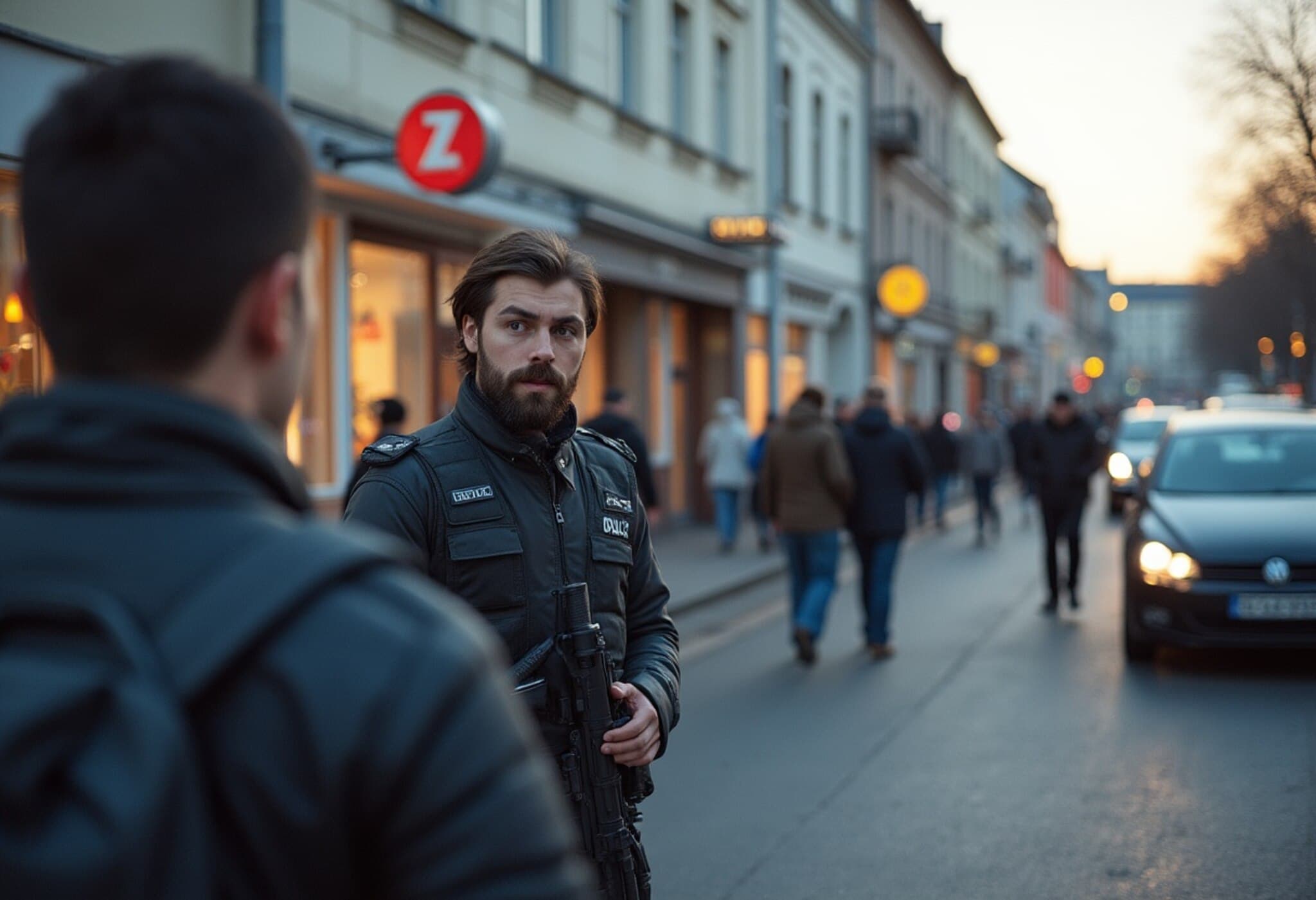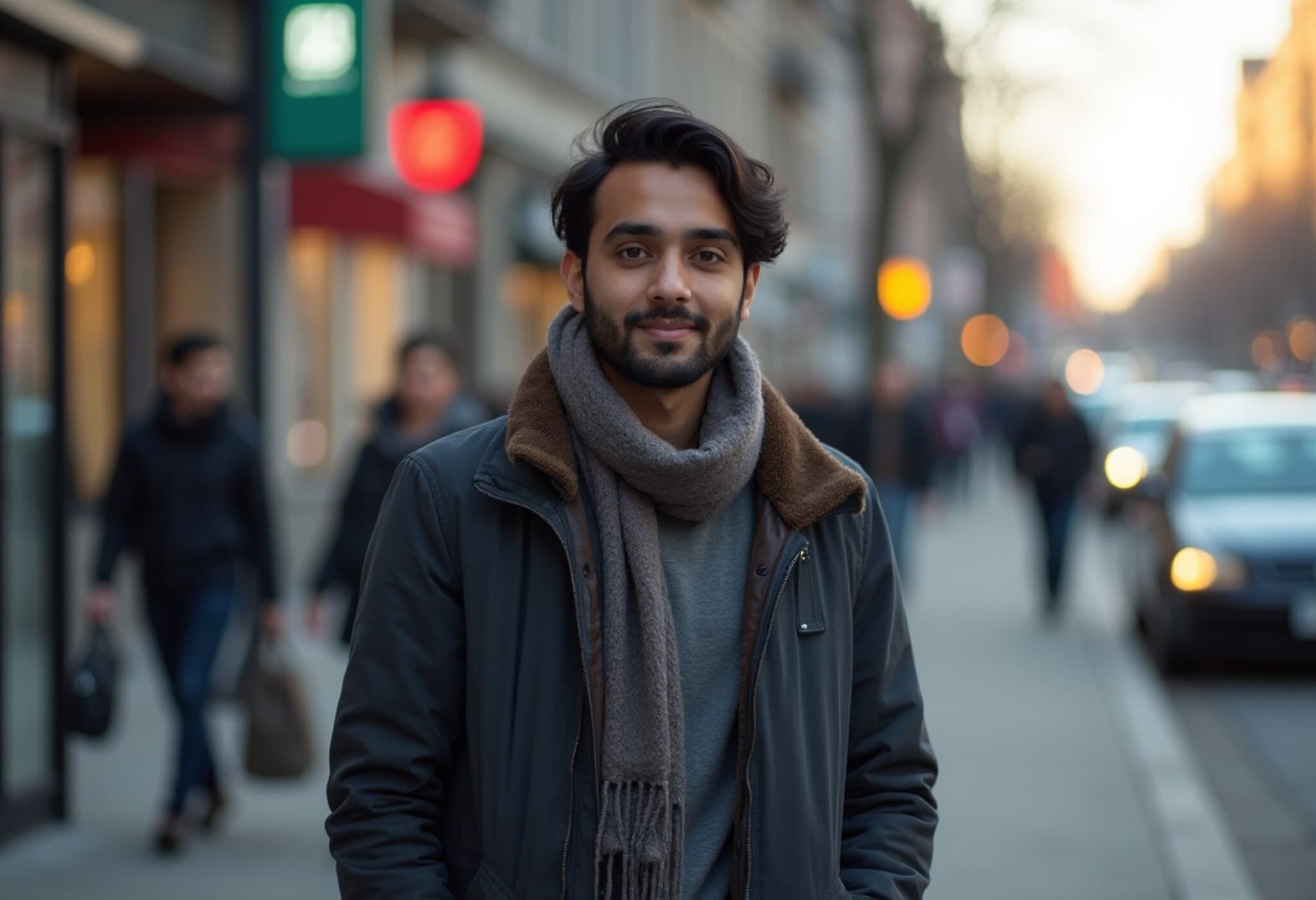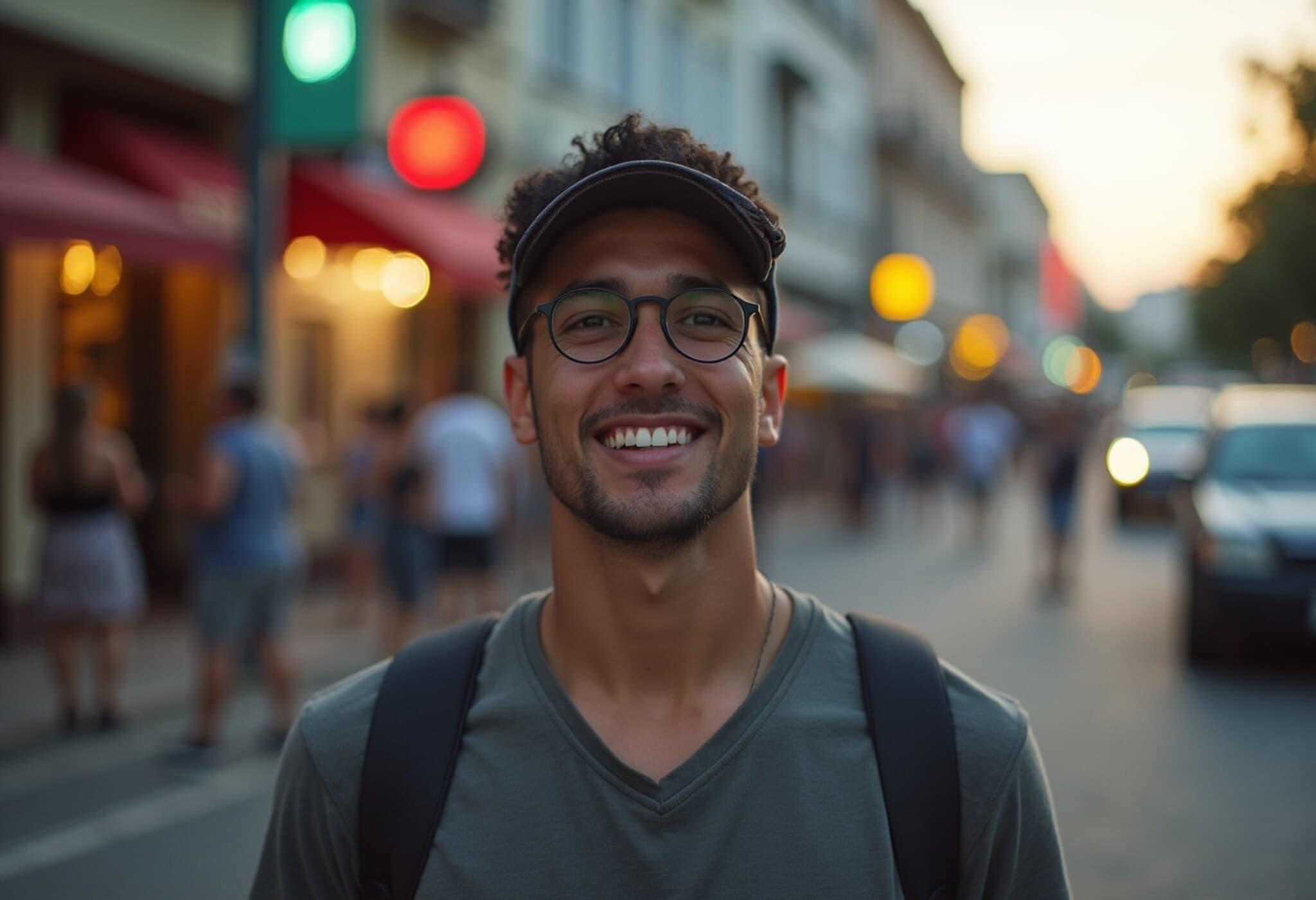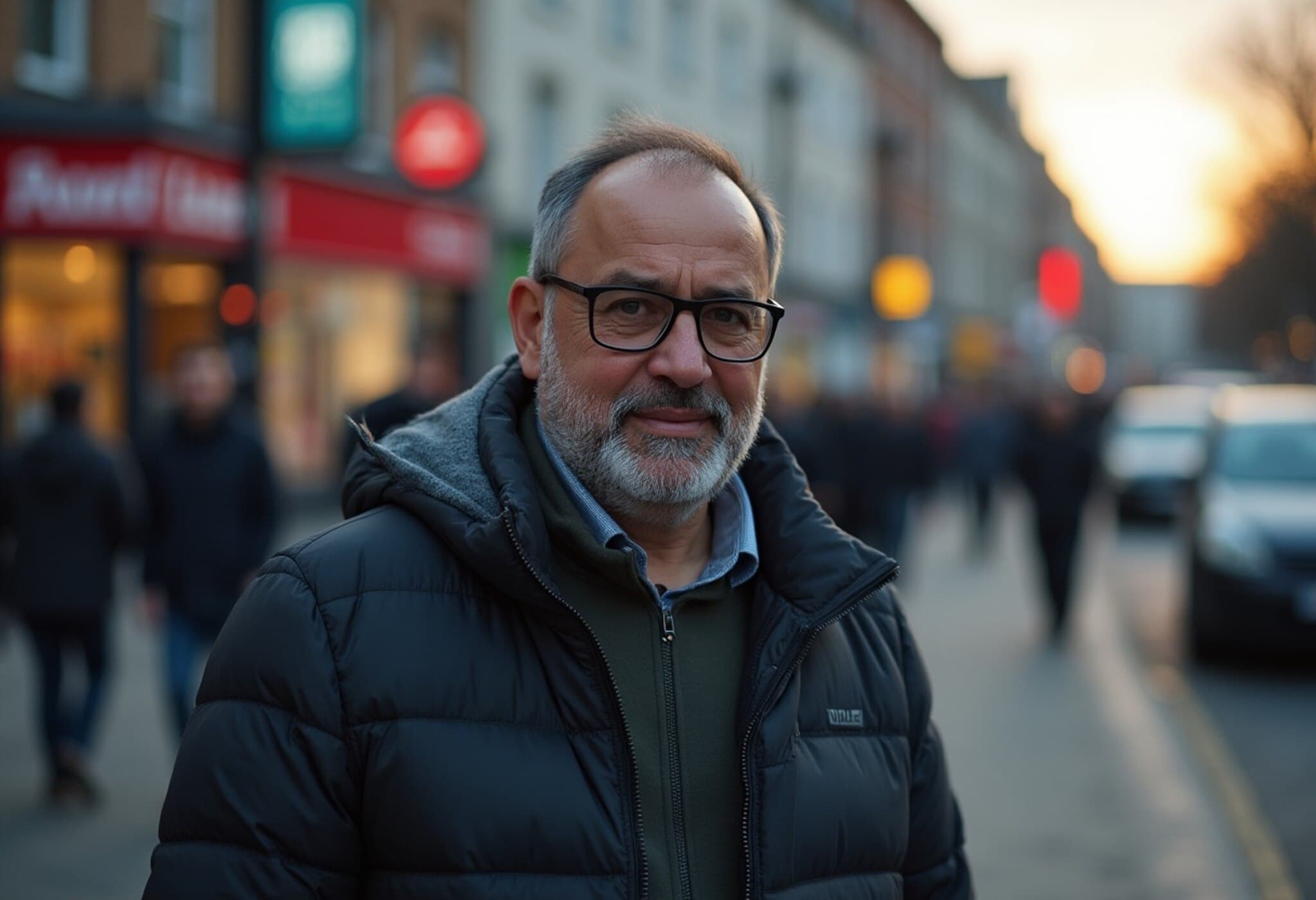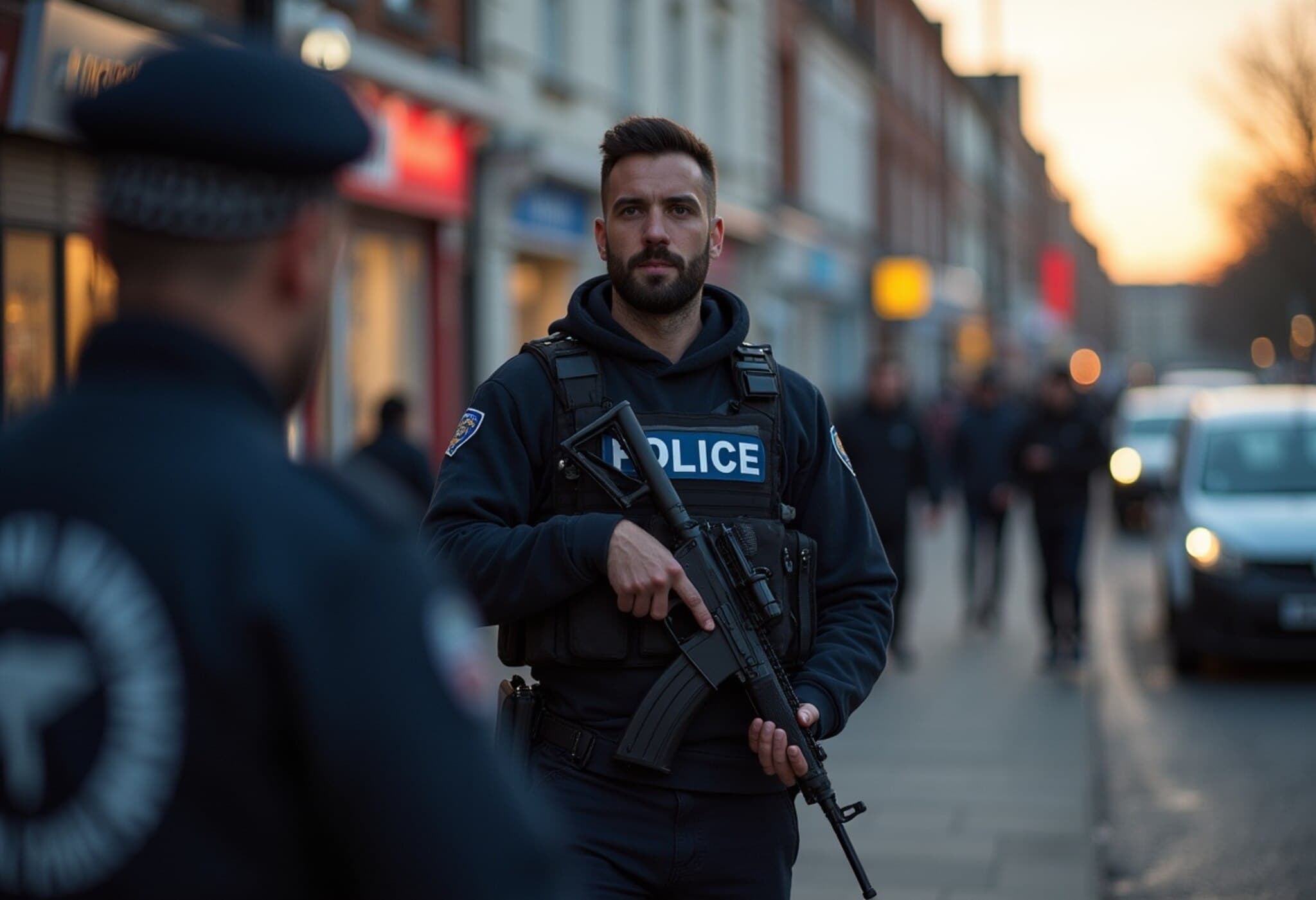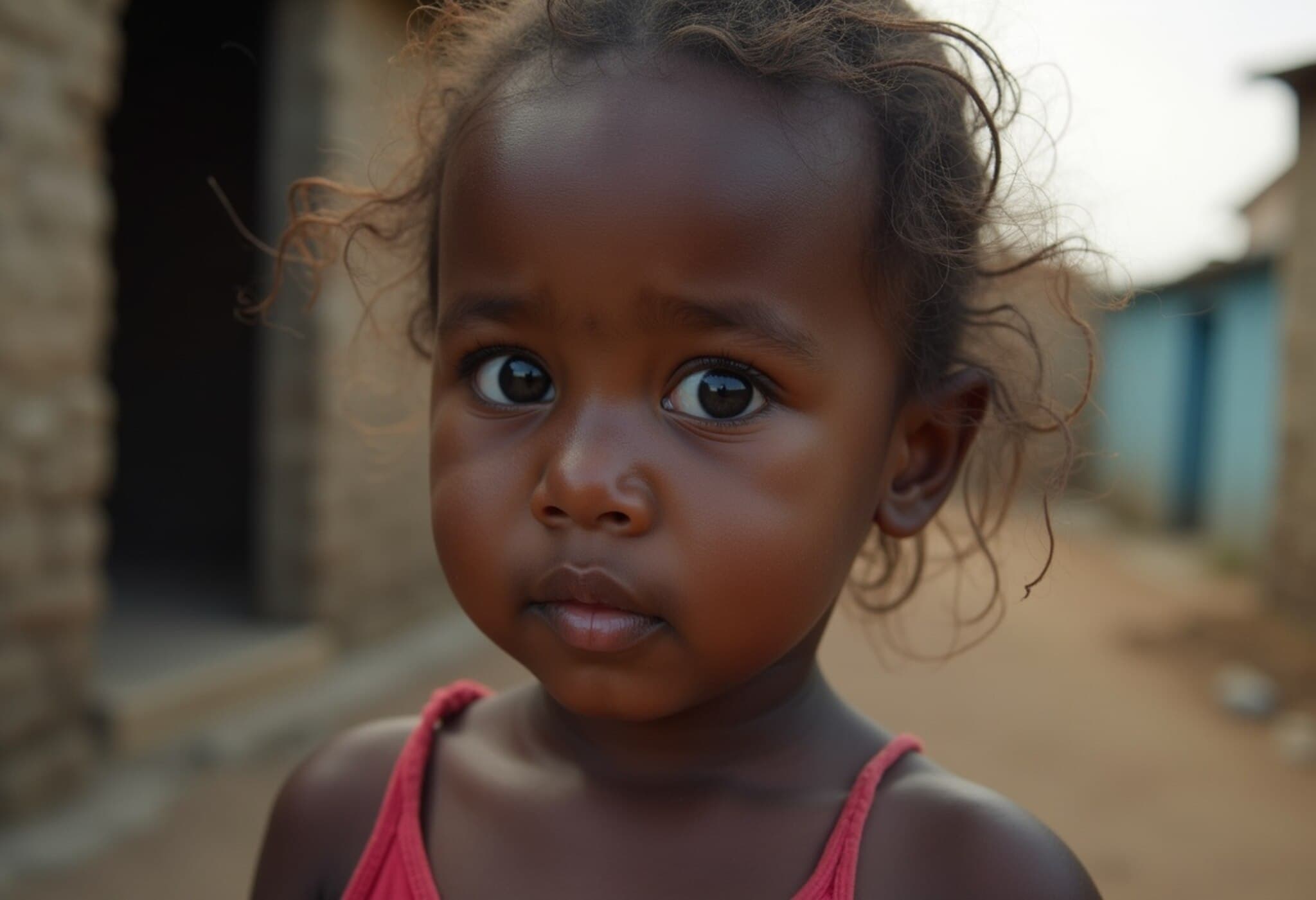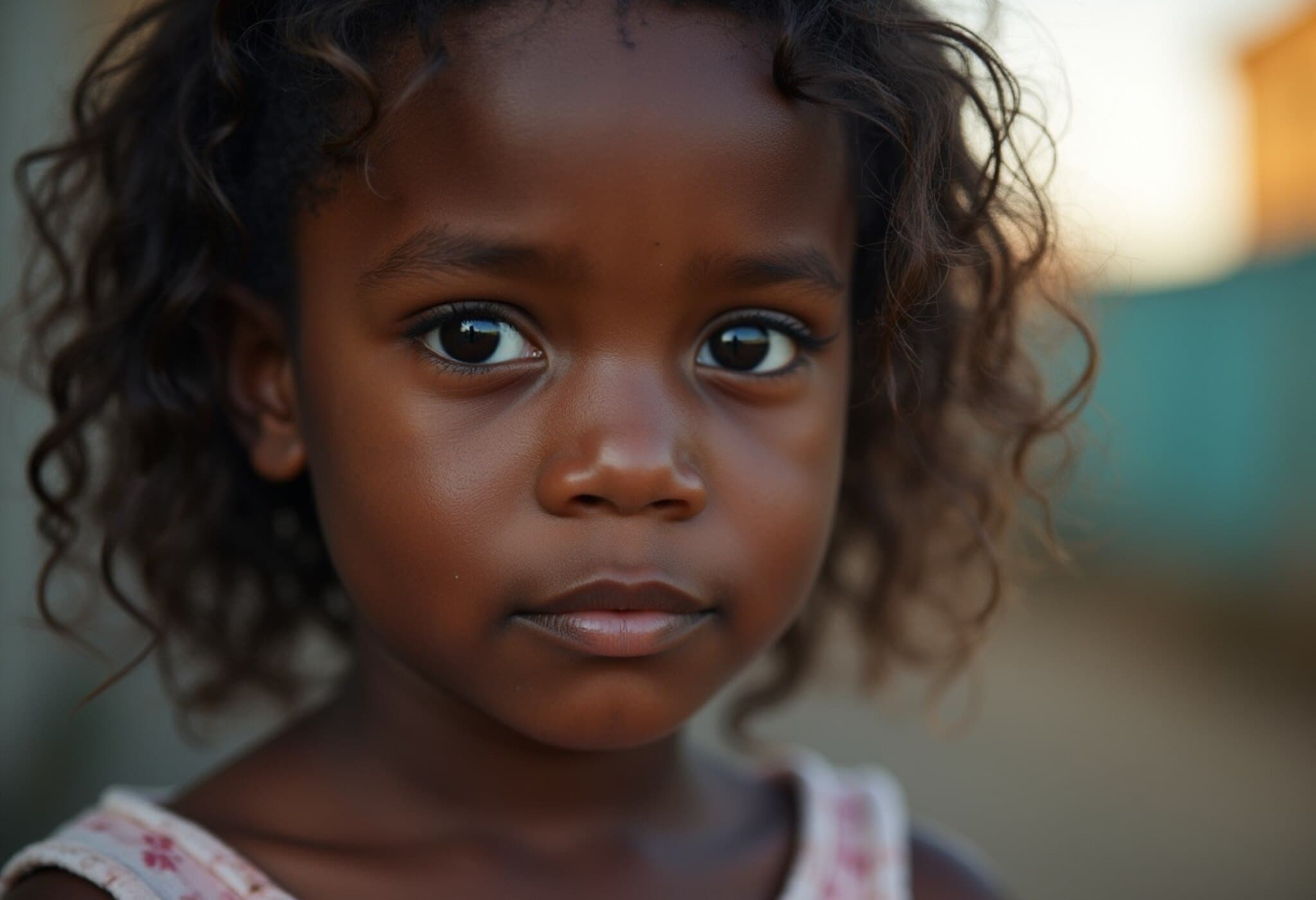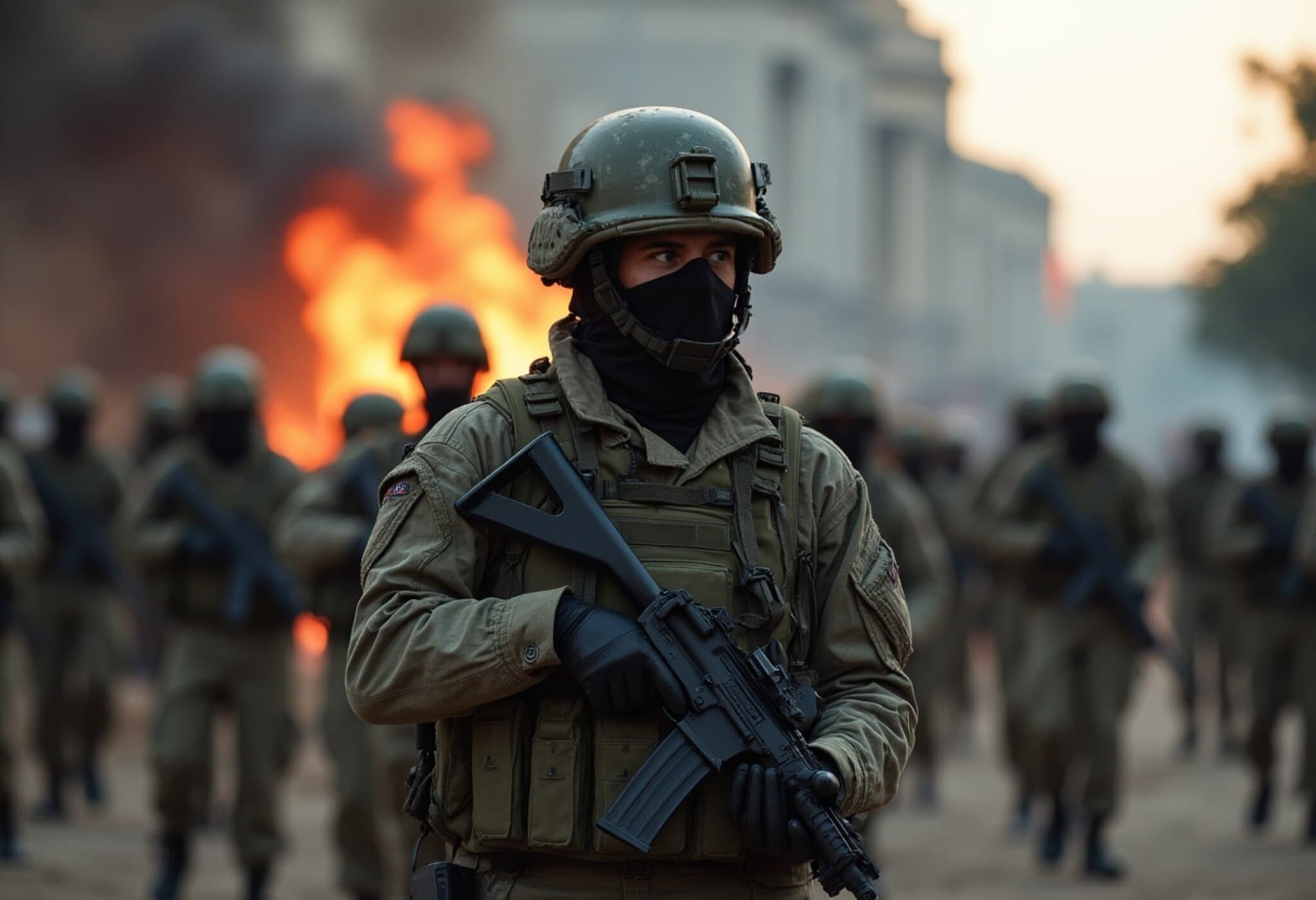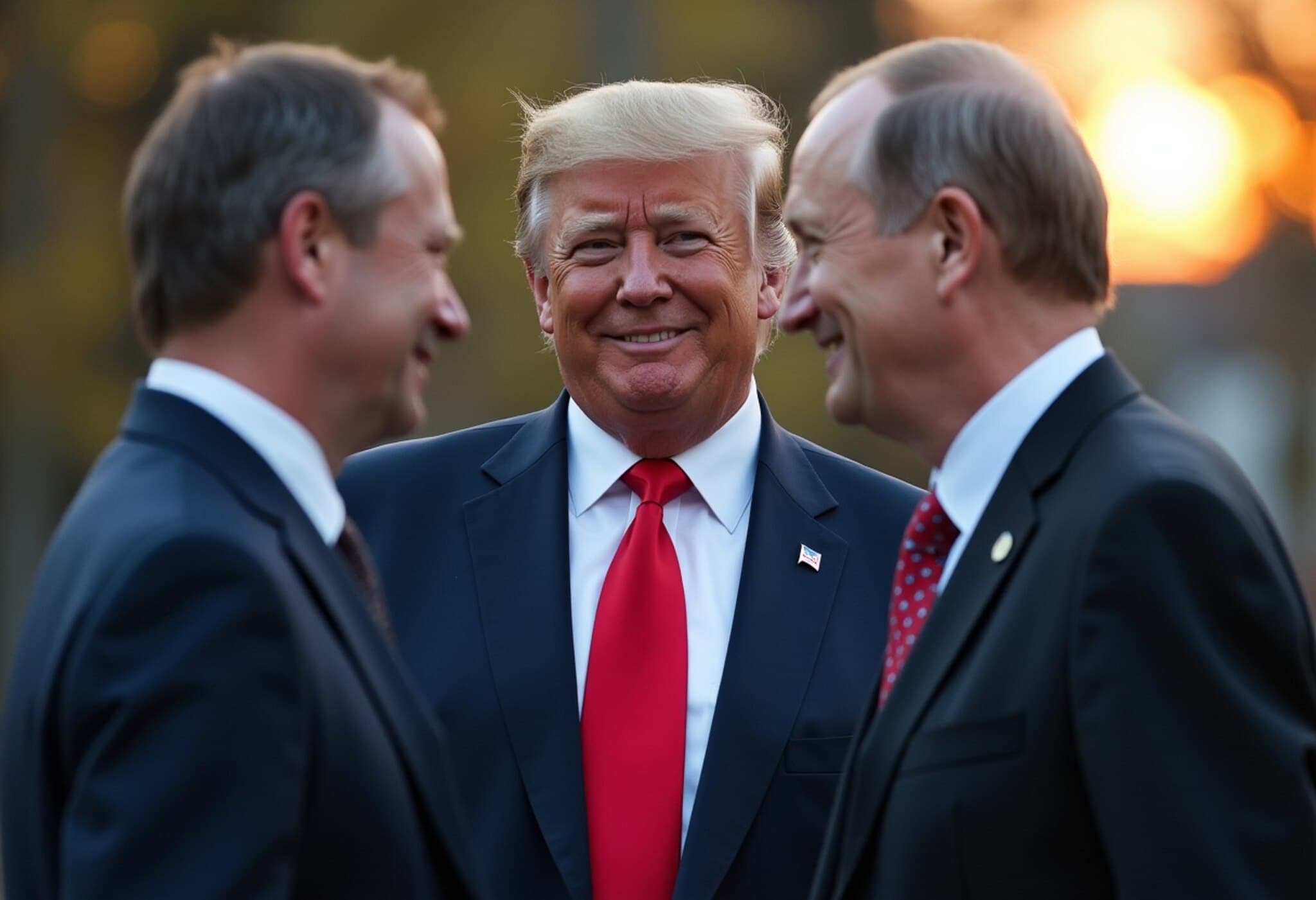Fatal Shooting in Orebro Highlights Ongoing Gang Violence in Sweden
On Friday evening, the city of Orebro in Sweden was shaken by a deadly shooting incident near the Orebro Mosque, leaving one man dead and another wounded. Authorities have indicated that the attack is likely tied to gang-related activities rather than targeting the mosque or its congregants.
The Incident and Police Response
The shooting occurred in close proximity to the mosque, which has stirred community concern. However, police were quick to emphasize that the location's religious significance does not appear to be connected to the attack. A spokesperson at a press briefing remarked, "We currently see no connection to the mosque. On the other hand, a link to criminal groups is evident."
One suspect was reportedly seen fleeing the scene, but as of now, no arrests have been made. The investigation remains active, focusing on charges of murder and attempted murder.
Context: Sweden’s Struggle with Gang Violence
Sweden has experienced persistent gang-related violence over the past decade, with Orebro emerging as one of the cities grappling with shootings tied to organized criminal networks. Statistically, while Sweden’s murder rate is comparable to other European countries, it faces a disproportionately high number of firearm-related incidents.
Police officials noted, "Based on the current situation regarding the shooting in Orebro, the incident is believed to be linked to the criminal network environment." This line underscores the broader challenge law enforcement faces in disentangling gang conflicts from public safety concerns.
Underreported Implications and Community Impact
- Community Tensions: Incidents near places of worship can unsettle local communities, raising fears beyond ordinary crime statistics.
- Gang Recruitment and Youth Vulnerability: Orebro, like other Swedish cities, contends with young people being drawn into gangs, often due to socio-economic factors.
- Policy Challenges: This latest incident spotlights ongoing debates about effective policing, social interventions, and gun control in Sweden.
Furthermore, this latest tragedy echoes memories of the devastating February attack in Orebro where 10 students and teachers lost their lives in a mass shooting—the deadliest in Sweden’s modern history. Unlike that attack, committed by a lone individual with no gang ties, Friday’s shooting reflects the entrenched issue of organized crime violence.
Looking Ahead: What This Means for Sweden
The Orebro shooting adds urgency to calls for stronger measures addressing gang violence. Experts advocate for a multi-pronged approach encompassing:
- Enhanced Community Policing: Building trust between law enforcement and marginalized communities.
- Social Programs: Focusing on youth engagement, education, and prevention strategies to deter gang recruitment.
- Legal Reforms: Tougher sentencing laws paired with rehabilitation efforts.
As Sweden continues to grapple with these complex issues, incidents like this underscore the delicate balance between preserving public safety and nurturing social cohesion.
Editor’s Note
This tragic shooting near Orebro Mosque sheds light on the often-overlooked intersection between gang violence and community spaces. While no direct link to religious sites appears evident here, the ripple effects on public perception and safety are profound. For policymakers and citizens alike, it is crucial to recognize that addressing gang violence requires a holistic approach—one that combines law enforcement vigilance with socio-economic investment. How Sweden navigates these challenges will be a pivotal chapter in its ongoing story of public safety and social integration.

